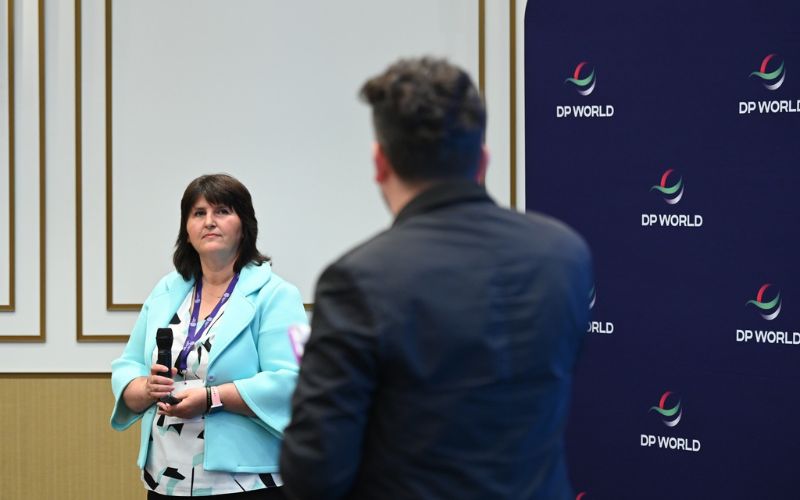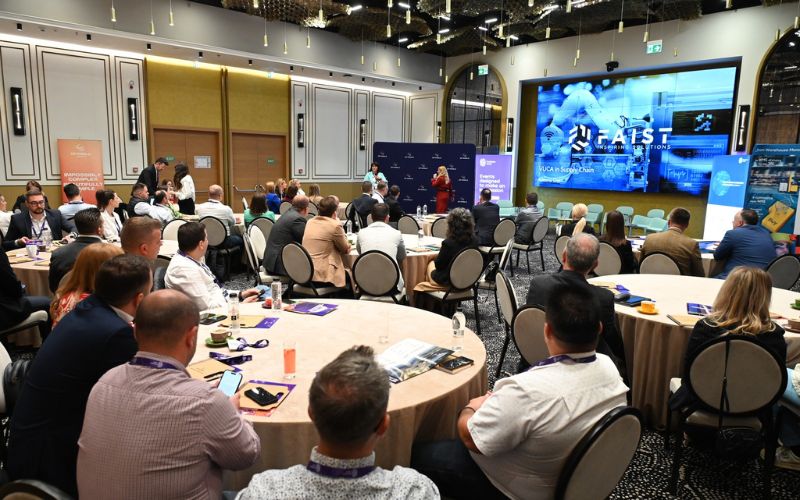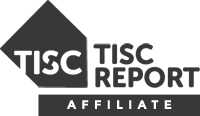
Ramona Cret, Supply Chain Manager at FAIST Metalworking, was invited as a speaker at the Supply Chain & Logistics Forum & Expo 2025 in Cluj-Napoca. Her participation provided a valuable opportunity to share the perspective of the FAIST Industrial Business Unit on current logistics and supply chain challenges. We spoke with Ms. Cret about her experience as a panelist and the key themes addressed during the event.
How did you feel being invited as a speaker at the 2025 Forum? What did it mean to you personally and professionally to represent FAIST on such a platform?
Being invited as a speaker at the Supply Chain & Logistics Forum & Expo 2025 was truly an honour - not only on a personal level, but especially as a representative of FAIST. It meant a lot to stand on that stage and bring our company’s perspective into a space filled with professionals, decision-makers, and industry peers.
Personally, I felt proud and grateful for the opportunity. Professionally, it was a moment of recognition - a chance to reflect on the work we’ve done and to share our experience with others who face similar challenges. Representing FAIST in this context was a privilege and a responsibility I embraced with great respect, and it motivated me even more to contribute meaningfully to the discussions.
What was the main focus of your speech, and what message did you aim to deliver to the audience?
The main focus of my speech was the challenges we’re facing at FAIST in today’s dynamic environment. I referred to the concept of the VUCA world - Volatility, Uncertainty, Complexity, and Ambiguity - and how it applies directly to the supply chain. I provided concrete examples: COVID-19 as an example of volatility, geopolitical instability as a driver of uncertainty, the interdependencies of global trade as a form of complexity, and ambiguity when decisions must be made based on incomplete information.
I also emphasized that people are a company’s greatest asset, and that in a VUCA world we can counteract challenges with Vision, Understanding, Clarity, and Agility.
The audience responded very positively. Many participants found the topic highly relevant, and several approached me afterward to continue the conversation and share their own experiences. It was especially rewarding to see how the human aspect resonated, even in a technically focused context.
What were the main themes or trends discussed during the forum?
The forum addressed several key themes currently shaping the supply chain industry: digital transformation, innovation, sustainability, environmental responsibility, and the central role of people in the supply chain.
One comment that particularly struck me focused on the human side of transformation - the idea that innovation and technology are only as impactful as the people who implement and use them effectively.
Which topics do you feel are the most relevant or urgent for supply chain professionals today?
Resilience, digitalization, and sustainability are currently the most relevant themes. A recurring point in several discussions was the increasing need to nearshore suppliers, particularly within Europe, to improve agility and mitigate risk.
My experience at the forum strongly reflected these priorities. It reinforced the importance of continuous learning, adaptability, and open dialogue. In today’s fast-evolving landscape, collaboration and flexibility are key to transforming challenges into strategic opportunities.

What key takeaways are you bringing back from the event that could inspire future strategies at FAIST Metalworking?
Several discussions prompted reflection - and also pride. Listening to other companies describe tools and practices that we already apply at FAIST highlighted how far we’ve come. It reminded me that I’m part of a strong, forward-thinking team that is aligned with today’s best practices.
One key takeaway was the value of maintaining a mindset of curiosity and continuous learning. The world is changing fast, and we must stay open, adaptable, and committed to improvement.
Most importantly, the event reaffirmed my belief that a company’s real strength lies in its people. Tools and systems matter, but it’s the collaboration, mutual support, and shared purpose within a team that truly drives resilience and innovation.
Would you encourage colleagues to attend or participate in similar events?
Yes, I would definitely encourage it. Events like this are a great opportunity to gain new insights, stay updated on industry trends, and exchange practical experiences with other professionals.
Beyond the learning, it’s also deeply motivating - it broadens your perspective, generates new ideas to bring back to the team, and strengthens the sense of connection to the wider supply chain community. It’s an investment in both professional and personal growth.
What do you see as the biggest priority for supply chain and logistics teams over the next 2–3 years?
In the next few years, building resilience and agility will be the top priority - ensuring that supply chains can respond effectively to disruptions and shifting demands. Leveraging technology and data to improve visibility and efficiency will also be key, along with investing in people and fostering collaboration.
Balancing these priorities will be critical to creating robust, flexible, and future-ready supply chains.



